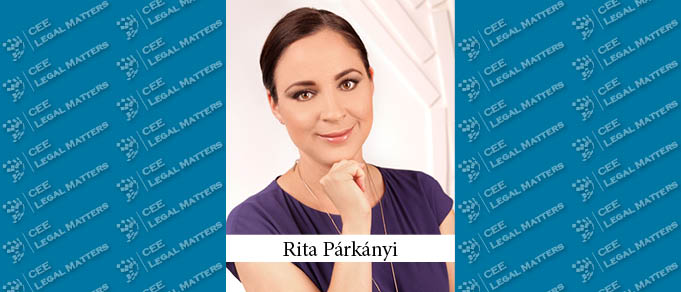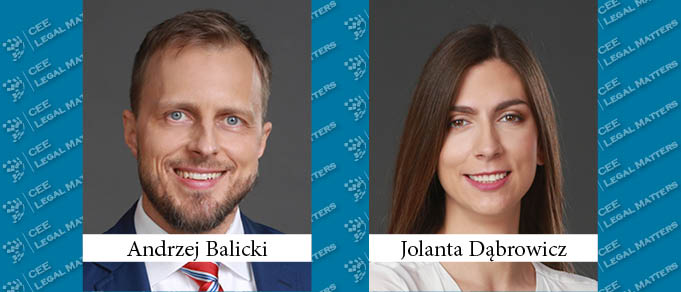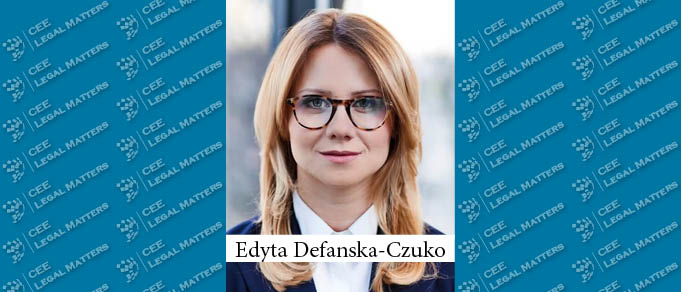At the end of October 2021, the Hungarian Government decided to take new protection measures to contain the fourth wave of the coronavirus outbreak, as a result, from 1 November 2021 employers have the right to require their employees to be mandatorily vaccinated. This means that to increase vaccination coverage and to protect workplaces, the Government allows employers to require their employees to be vaccinated against coronavirus as a condition of employment, either as a standard working condition for all employees or as an individual working condition depending on the job. For employees who have not yet been vaccinated, the employer may set a 45-day deadline for the first vaccination. Employers who require vaccination must inform the employee of the measure, the deadline and the possible legal consequences of not vaccinating, either electronically (in e-mail) or on paper. Furthermore, an employee who is medically certified as contra-indicated to be vaccinated against the coronavirus cannot expected to be vaccinated.
Possibility to Request Confirmation of Vaccination by Employers in Slovakia
The possibility of the employer to investigate whether its employees are vaccinated against COVID-19 was subject of heated debate in Slovakia. The prevailing view was the employer could not request such information from them as allegedly there was no legal basis for it in the Labour Code or other regulations. Surprisingly, such view was also supported by the Slovak National Inspectorate of Labour that claimed it should be up to the employees whether they inform the employer about their vaccination. There were also discussions whether obtaining such information by the employer complies with the GDPR.
Hungarian Constitutional Court Rejects Application to Investigate Immunisation Certificates
Immunisation Certificates played a big role in the previous wave of COVID-19 pandemic in Hungary. They were issued as a supplementary certificate to confirm that the cardholder had a positive COVID test or got at least the first shot of any of the available vaccines. At many stages of the pandemic, cardholders enjoyed specific privileges compared to the others (i.e. card was asked at many places that had an indoor room, such as theatres, cinemas, restaurants etc.). Even though the European COVID passport became available from 1 July 2021 among the EU, it is only issued for persons, who got an EU-approved vaccine. Since Hungary choose to vaccinate with non-EU-approved vaccines, the dichotomy of the certificates still remains.
Have Your Say! Revision of the EU General Pharmaceuticals Legislation
On 21 September 2021, the Commission launched a public consultation on the revision of the general pharmaceutical legislation. The public consultation ends on 21 December 2021. Any interested party may submit comments and observations. The consultation concerns certain key topics such as access and affordability, solutions to address unmet medical needs, incentives for innovation, medicine shortages, environmental challenges and sustainability. The amendments of the general pharmaceuticals legislation may be however much wider in scope, in line with the strategic areas identified in the Pharmaceutical Strategy for Europe, as part of which the public consultation is organized. Following the consultation process, the Commission will adopt a final legislative proposal, which is expected to be published by the fourth quarter of 2022.
COVID-19 and the Pharmaceutical and Medical Sector in Poland, Part 4: Other Consequences of the Pandemic, Sector Barriers and Suggested Action
The DLA Piper report “The COVID-19 pandemic and the pharmaceutical and medical sector in Poland” is based on the feedback from a survey conducted among DLA Piper’s clients and business contacts from the pharmaceutical and medical sector, including producers of medicines, food supplements and medical devices, as well as healthcare service providers. It is the first report that brings together the views of key players in the pharmaceutical and medical industries, describing how they see the current state of affairs on the Polish market and possible future trends, along with their recommendations as to what actions they would like to see taken in the sector. The key findings are summarised in our four briefings, the last part of which discusses other consequences of the pandemic not yet mentioned as well as sector barriers and suggested state actions.
COVID-19 and the Pharmaceutical and Medical Sector in Poland, Part 3: Patients’ Rights, the Product Market and an Evaluation of the State’s Actions
The DLA Piper report “The COVID-19 pandemic and the pharmaceutical and medical sector in Poland” is based on the feedback from a survey conducted among DLA Piper’s clients and business contacts from the pharmaceutical and medical sector, including producers of medicines, food supplements and medical devices, as well as healthcare service providers. It is the first report that brings together the views of key players in the pharmaceutical and medical industries, describing how they see the current state of affairs on the Polish market and possible future trends, along with their recommendations as to what actions they would like to see taken in the sector. The key findings are summarised in our four briefings, the third of which focuses on patients’ rights, the product market and an evaluation of the state’s actions during the pandemic.
COVID-19 and the Pharmaceutical and Medical Sector in Poland, Part 2: Reimbursement and Organisation of the Healthcare System
The DLA Piper report “The COVID-19 pandemic and the pharmaceutical and medical sector in Poland” is based on the feedback from a survey conducted among DLA Piper’s clients and business contacts from the pharmaceutical and medical sector, including producers of medicines, food supplements and medical devices, as well as healthcare service providers. It is the first report that brings together the views of key players in the pharmaceutical and medical industries, describing how they see the current state of affairs on the Polish market and possible future trends, along with their recommendations as to what actions they would like to see taken in the sector. The key findings are summarised in our four briefings, the second of which concentrates on the impact of the pandemic on reimbursement and on the organisation of the healthcare system.






























